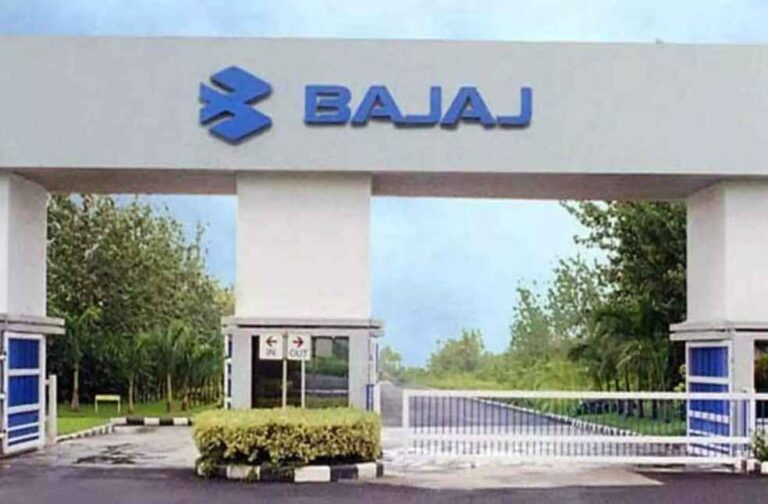Bajaj Auto, India’s third-largest two-wheeler manufacturer, is set to accelerate its growth this year with fresh launches and expansion after closing FY23 with record profit margins. The company is preparing for the imminent debut of its electric three-wheeler while simultaneously launching its first mini Triumph motorcycle in June.
Rakesh Sharma, Executive Director of Bajaj Auto, revealed that the company is awaiting FAME certification for the electric three-wheelers, which are already under production. Bajaj Auto has completed field testing and is on schedule for a limited launch of both passenger and cargo versions.
Six years after announcing their partnership, Bajaj Auto is finally ready with the first motorcycle to be sold under the Triumph badge. This new Triumph, manufactured by Bajaj Auto, will compete directly with the Royal Enfield range in the classic motorcycle segment. All Triumph products from the partnership will be made at Bajaj’s new factory in Pune’s Chakan and sold worldwide. Bajaj Auto will manage sales in India and a few select overseas markets, while Triumph will handle the rest.
Bajaj Auto is also tripling the production of Chetak, its only electric two-wheeler offering in India, following a crucial restructuring of its electric vehicle (EV) parts vendors. This ramp-up in production has enabled the company to reduce Chetak’s price by approximately 13%.
Sharma commented on the development, stating that the restructuring and collaboration with vendors not only ensures the availability of over 10,000 Chetaks per month from June onwards but also lowers costs, making the product more accessible to customers.
Despite a 27% drop in exports during FY23 to 1.82 million units due to adverse conditions in top-performing markets, Bajaj Auto expects a gradual improvement in these countries’ economic conditions to boost demand for its products by the September quarter. Sharma mentioned that while demand is not an issue in several countries, the availability of US dollars for trading is constrained as central banks have taken a cautious view.
Nomura, in its report, lowered volume estimates by 4% but raised average selling price estimates by around 5%. The financial services company also increased FY24 and FY25 EBITDA margins to 19.8% and 20.1%, respectively, to factor in a better mix and price hikes.
SPECIAL STORY: Should You Buy a Petrol or Diesel Car in the UK?





